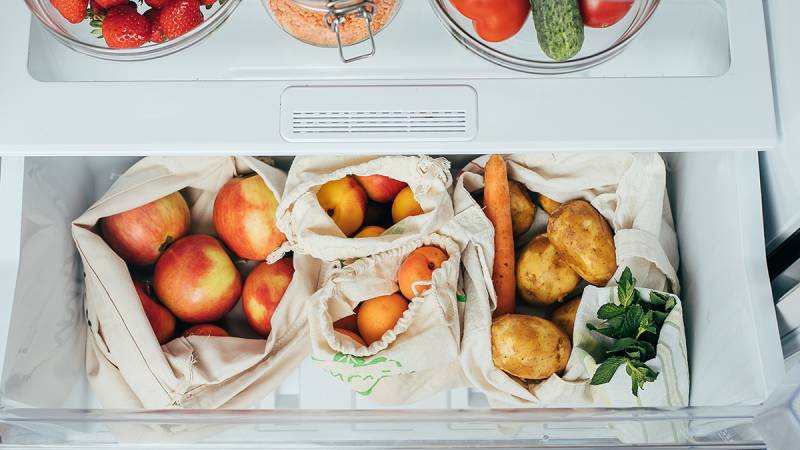T
he power of mutual aid is the intimacy of its participants with the disparity that requires their work. The Black Panther Party had an exemplary list of mutual aid programs they termed Survival Programs. Free breakfast for school-aged children, commissary for those incarcerated, distribution of free clothes and shoes, free medical services and safety programs from armed patrols of police and transportation to assure the safety of senior citizens, just to name a few. Responding to specific needs by directing specific capacity is the organizing mode of mutual aid, and the Panthers met these needs to ensure the survival of Black life which continues to be left out of the design of social and legislative care.
If there are gaps between the community’s needs and the capacity of volunteers, mutual aid efforts tend to build bridges. This was the case with SF Community Fridge, a free fridge effort that launched in the Mission in July whose founding volunteers felt it best to partner with existing local organizations who worked in food equity. They found exactly that in Mission Meals Coalition, itself a mutual aid network that connects members of the community to essential resources. Through this collaboration, SF Community Fridge moved locations of its fridge some blocks to better meet the need and included a shopping list that assures that the food stocked in the fridge is culturally relevant to the community it seeks to serve.
However clear the contours of present and past mutual aid efforts and its methods, corporate creep into that domain has arrived. Cheetah states that it was inspired by free fridges run by mutual aid models in Los Angeles and Oakland to start its own version. “We wanted to figure out some sort of way to get [food waste] down to zero, and that's how we thought of the fridge campaign,” explained Alexa Weiser, a program manager at the company. Weiser said the company donates to food pantries regularly and for its fridges, it partners with organizations and families who host the fridges. While encouraging others to do the same, Cheetah stocks and maintains the fridge once a week with its surplus food. The company does not cover electricity costs. Weiser also explained that Cheetah paid local artists to paint these fridges, which also sport a Cheetah logo. “The intent of [the logo] is to let people know about another resource where they can get wholesale prices,” Weiser said.
Late last month, Governor Gavin Newsom thanked a group of Israeli firefighters who came to California to tame August’s wildfires. “Mutual aid is a beautiful example of people from all backgrounds and communities coming together to help one another,” his post reads. This diplomatic relationship between Israel and California is not mutual aid. And though I’m not convinced there’s any use in policing the vocabularies of political leaders and corporations, it’s grating to be witness to this appropriation. What, for example, would it look like for Cheetah to give what they can and take what they need? Certainly not four fridges across the Bay Area.
